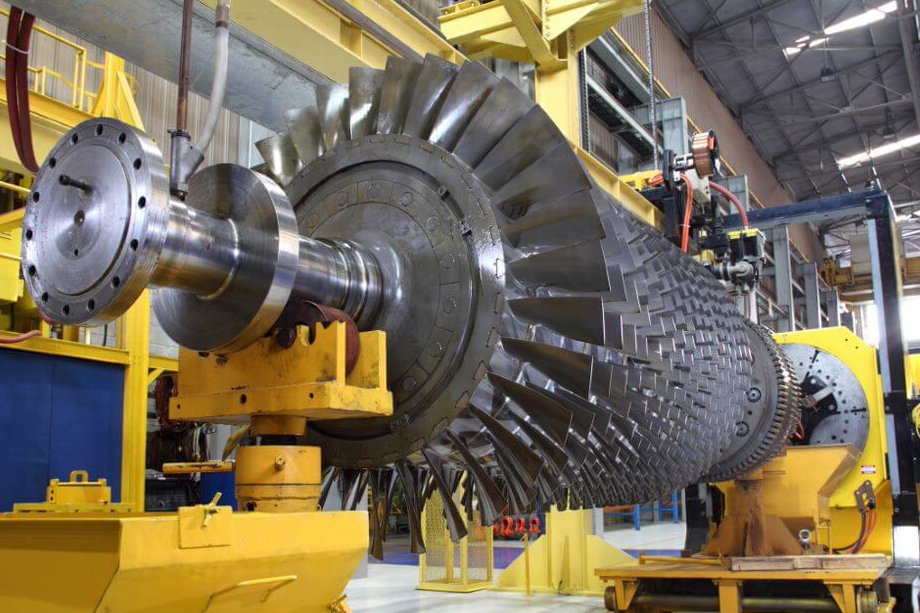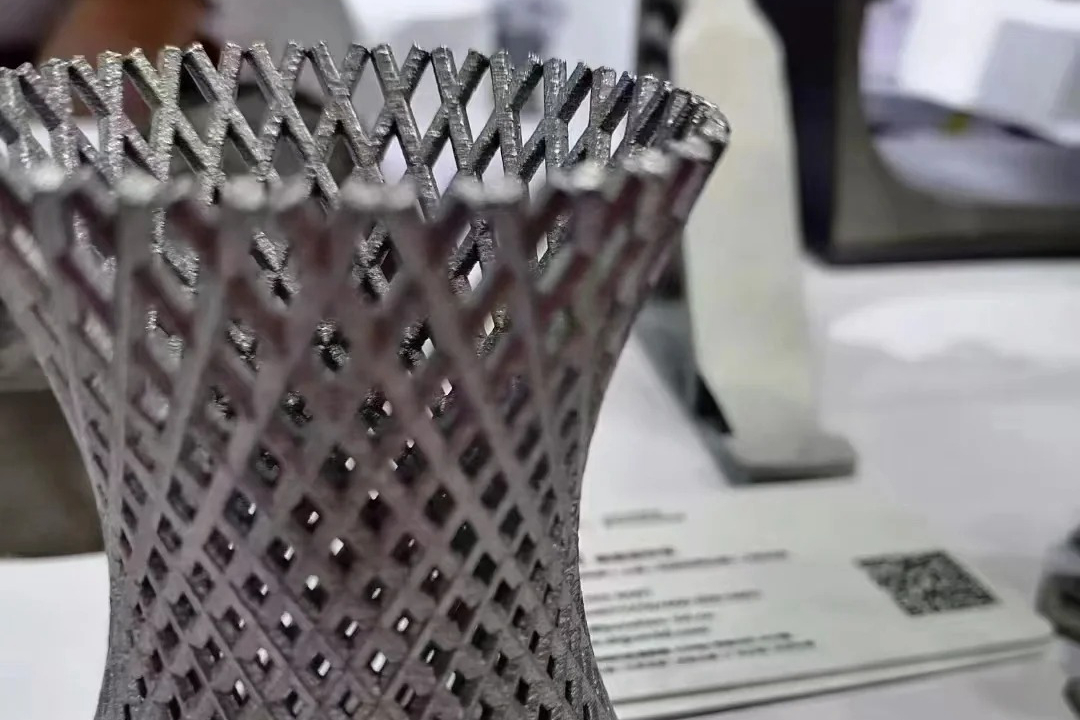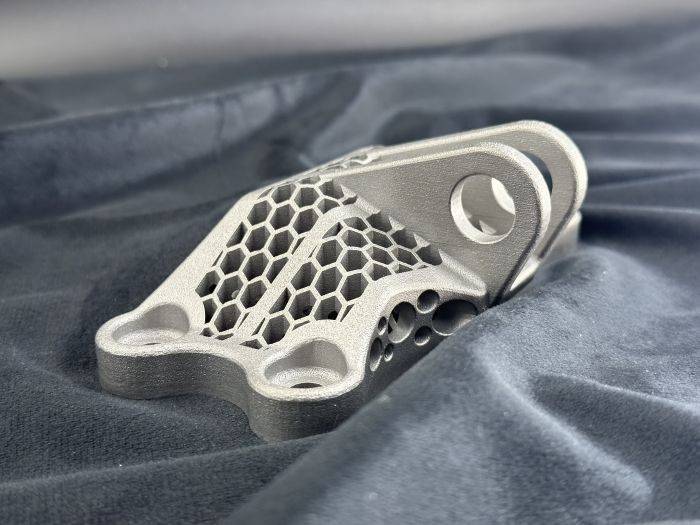How do you ensure the mechanical properties of printed parts?
Guaranteeing the mechanical properties of 3D printed parts is a fundamental aspect of transitioning from prototyping to functional, end-use manufacturing. This assurance is not achieved through a single step, but is the result of a comprehensive, controlled ecosystem that encompasses every phase, from material qualification to post-processing. We employ a multi-faceted approach rooted in rigorous process control, validation, and certification to ensure every part meets or exceeds its specified performance requirements.
A Systematic Approach to Part Integrity
Our methodology for ensuring mechanical integrity is built on four pillars: superior materials, precise process control, strategic post-processing, and conclusive verification. This end-to-end control guarantees consistent, repeatable, and reliable results.
Foundational Material Qualification and Handling
The journey to a high-performance part begins with the raw material. We treat material quality as non-negotiable.
Certified Materials: We exclusively use powders and resins from leading, certified suppliers. Each material batch arrives with a material certification sheet, verifying its chemical composition and initial properties.
Advanced Material Portfolio: Our range includes high-performance aluminum alloys, such as AlSi10Mg, for lightweight strength, and Titanium Alloy Ti-6Al-4V for critical aerospace and medical applications. For the most demanding environments, we offer Superalloy materials such as Inconel 718.
Proper Material Management: Metal powders and sensitive polymers, such as PEEK, are stored in controlled environments to prevent moisture absorption and oxidation, which can severely degrade their mechanical performance.
Precision-Controlled Manufacturing Processes
The printing process itself is where microstructure and mechanical properties are fundamentally defined. We maintain strict control over all critical parameters.
Calibrated Equipment: Our industrial-grade printers, including Powder Bed Fusion (DMLS/SLM, SLS) and Vat Photopolymerization (SLA) systems, undergo regular and rigorous calibration.
Validated Printing Parameters: For each material, we have developed and validated a set of optimized printing parameters (laser power, scan speed, layer thickness, etc.). These parameters are fine-tuned to create a dense, low-porosity microstructure that is essential for achieving high strength and fatigue resistance.
In-Process Monitoring: Advanced systems monitor the printing process in real-time, tracking the melt pool and temperature to detect any anomalies that could lead to defects, ensuring consistency throughout the entire build volume.
Strategic Post-Processing for Enhanced Performance
Parts often require specific treatments after printing to achieve their target mechanical properties and relieve internal stresses.
Stress Relief and Heat Treatment: This is a critical step for metal parts. Controlled thermal cycles alleviate the residual stresses inherent in the additive manufacturing process, thereby preventing distortion and enhancing dimensional stability. Specific heat treatments can also be used to alter material properties, such as increasing hardness or achieving a specific tensile strength.
Density Enhancement via Hot Isostatic Pressing (HIP): For critical components subjected to high cyclic loads, HIP is employed. This high-temperature, high-pressure process effectively eliminates internal voids and micro-porosity, significantly enhancing fatigue life and fracture toughness.
Surface Enhancement: Processes such as CNC Machining can be used to bring critical features into tight tolerances, while techniques like Sandblasting can clean the part and induce beneficial surface compressive stresses.
Verification Through Mechanical Testing and Certification
The final and most crucial step is objective verification that the parts meet the required specifications.
Witness Coupon Testing: For every build job, we often print standardized mechanical test coupons (such as tensile bars) alongside the production parts. These coupons are manufactured under the same exact conditions and subsequently tested in our lab or a third-party facility to verify their ultimate tensile strength, yield strength, elongation, and impact resistance.
Non-Destructive Testing (NDT): Techniques such as dye penetrant inspection are used to detect surface defects on critical components, ensuring structural integrity without damaging the part.
Full Traceability and Certification: We provide detailed documentation, including material certifications, build reports, and heat treatment records, ensuring full traceability for industries like Aerospace and Aviation and Medical and Healthcare.
Application in Demanding Industries
This rigorous approach to ensuring mechanical properties is essential for serving high-stakes industries. It allows us to produce robust components for Automotive applications, durable tooling for manufacturing, and reliable, load-bearing parts for Robotics.



